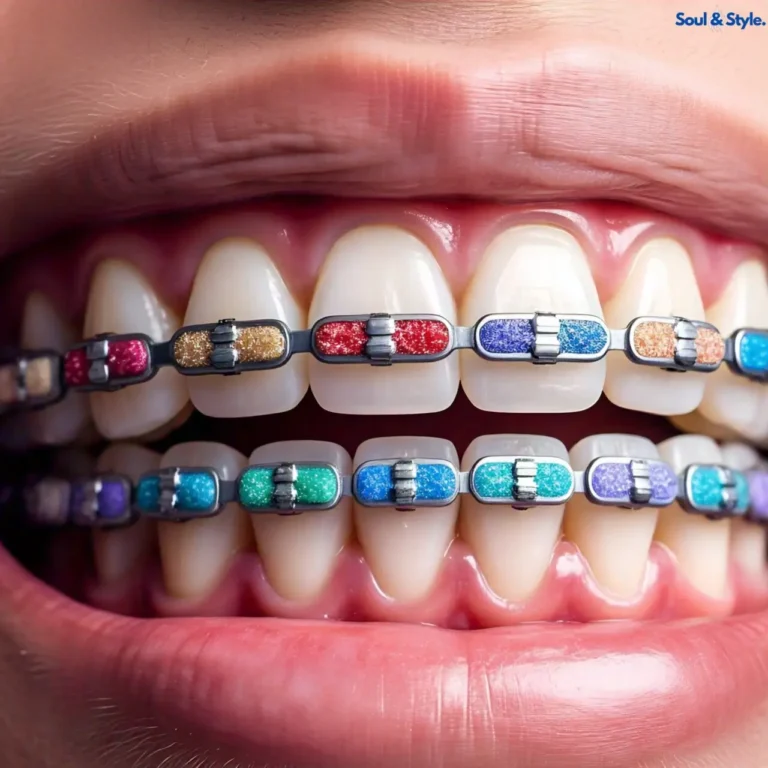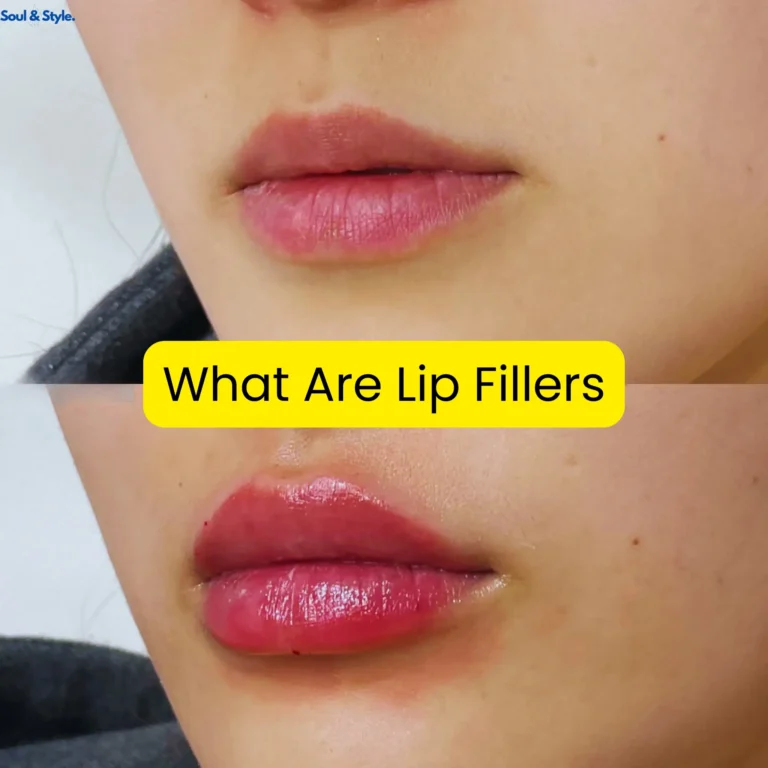Should You Use Mouthwash Before or After Brushing?
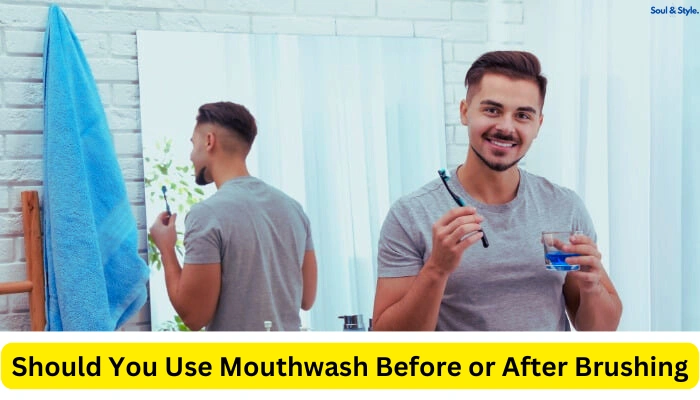
Most of us want a fresh, healthy smile, but knowing the right way to use mouthwash can be confusing. Have you ever wondered if you should use mouthwash before or after brushing? It might seem like a small detail, but the timing can impact how effective your oral care routine is. If you’re like me, you’ve probably come across different advice and aren’t sure which approach actually works best to protect your teeth and keep your breath fresh.
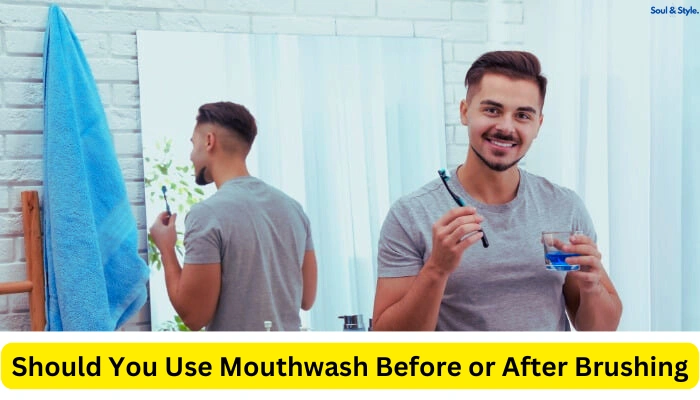
In this article, I’ll clear up the confusion around when to use mouthwash to help you get the most out of your routine. Whether it’s the benefits of using mouthwash before brushing or the advantages of rinsing afterward, I’ll walk you through each option. By the end, you’ll have the insights you need to create an oral care routine that truly supports your dental health.
Let’s explore it!
When is the Best Time to Use Mouthwash: Before or After Brushing?
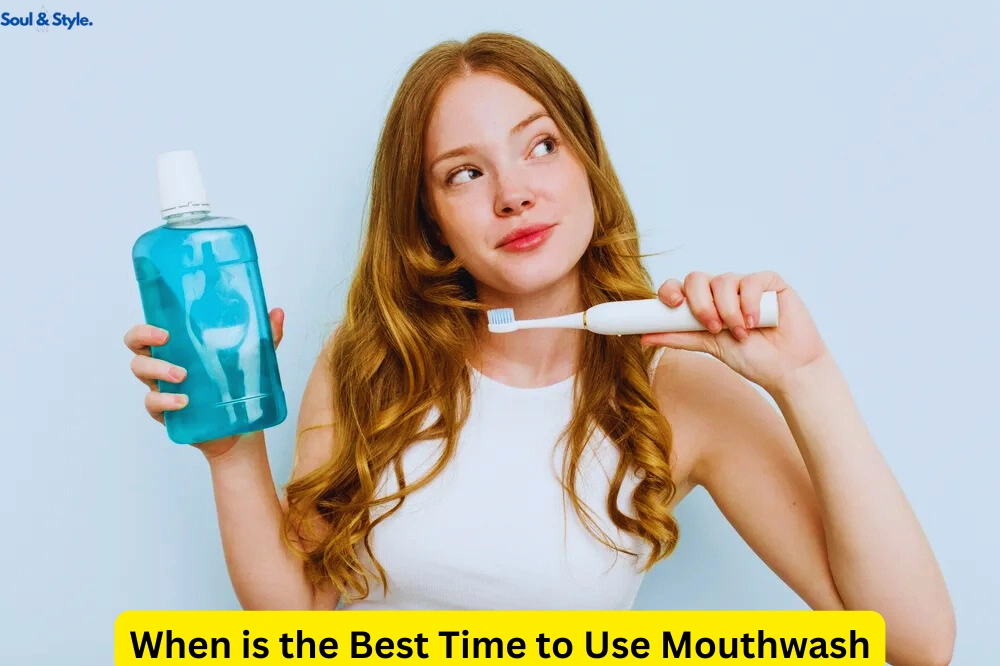
Choosing the right time to use mouthwash might seem minor, but it can actually make a big difference in how effective your oral care routine is. I’ve tried both approaches to see which works best for me. Using mouthwash before brushing feels like it gives my mouth a “pre-clean”—loosening up debris and bacteria. On the other hand, using mouthwash after brushing makes my mouth feel cleaner for longer, almost like I’m sealing in that fresh feeling. Deciding whether to use mouthwash before or after brushing ultimately comes down to your goals and personal preference. Mouthwash helps in deep cleaning of colorful braces on teeth.
Why Should I Use Mouthwash Before or After brushing?
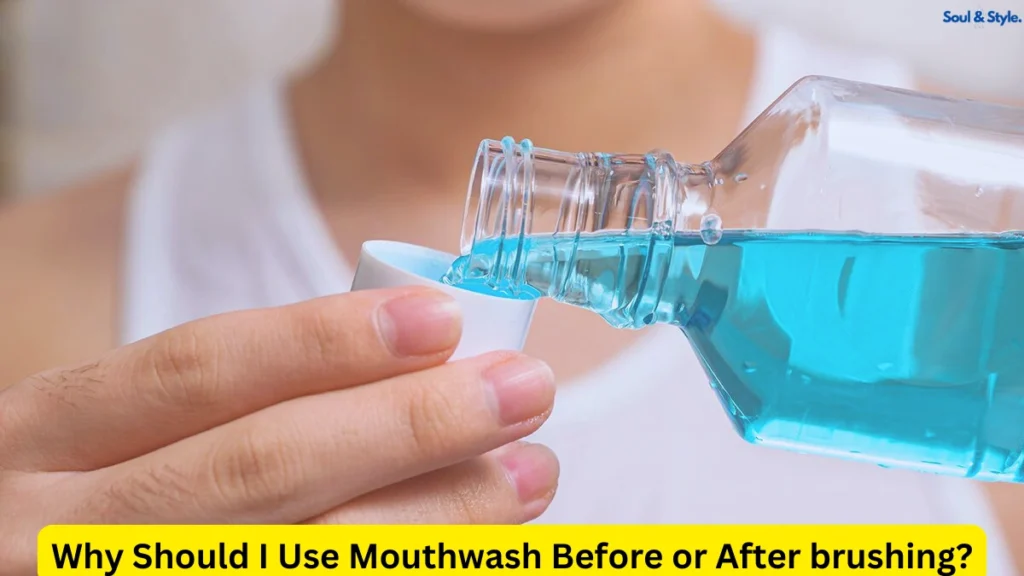
For me, mouthwash isn’t just a refreshing rinse; it’s a powerful addition to my oral care routine. Mouthwash can reach spots between the teeth and along the gum line that brushing and flossing might miss. I find it helps to kill bacteria, reduce plaque buildup, and, of course, freshen breath—a must if you want that extra boost of confidence.
What is Mouthwash?
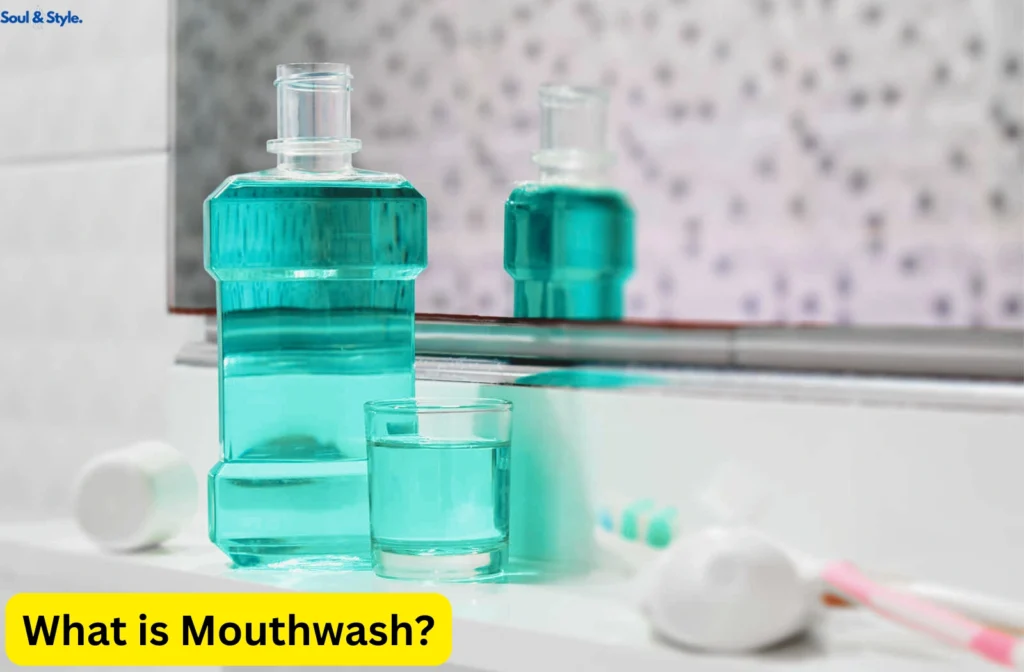
Mouthwash comes in different types, each formulated for specific benefits. I prefer a mouthwash that contains fluoride to strengthen teeth, but I know others who go for antiseptic types to target bacteria. Choosing the right kind of mouthwash is important and makes me feel like I’m taking full control of my oral health.
Types of Mouthwash
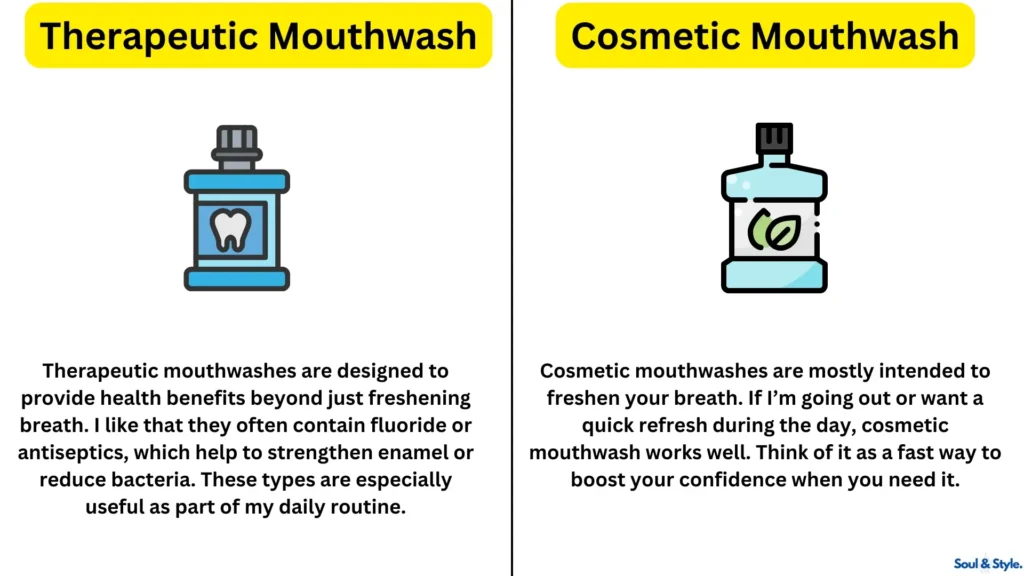
Therapeutic Mouthwash
Therapeutic mouthwashes are designed to provide health benefits beyond just freshening breath. I like that they often contain fluoride or antiseptics, which help to strengthen enamel or reduce bacteria. These types are especially useful as part of my daily routine.
Cosmetic Mouthwash
Cosmetic mouthwashes are mostly intended to freshen your breath. If I’m going out or want a quick refresh during the day, cosmetic mouthwash works well. Think of it as a fast way to boost your confidence when you need it.
Pros and Cons of Using Mouthwash Before Brushing
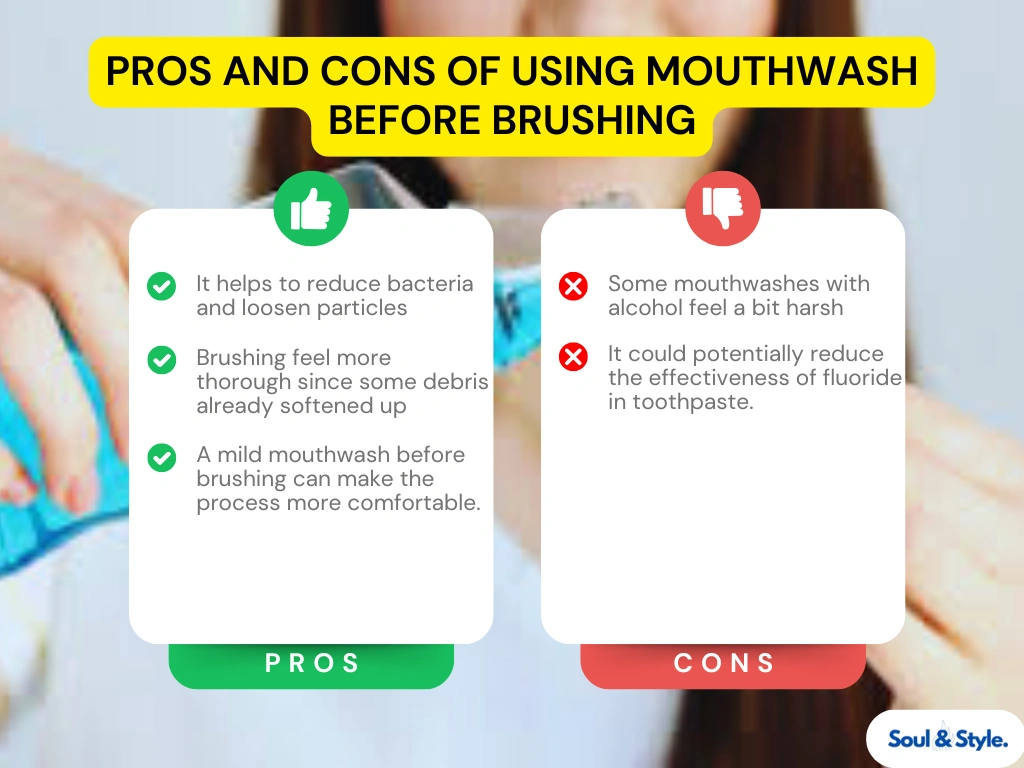
Using mouthwash before brushing has its benefits, and I’ve experimented with it myself to see if it helps. Here’s what I’ve found to be the pros and cons:
Benefits
- It acts as a “pre-rinse,” helping to reduce bacteria and loosen particles before I start brushing.
- I find it makes brushing feel more thorough since some debris is already softened up.
- For anyone with sensitive teeth, like me, a mild mouthwash before brushing can make the process more comfortable.
Drawbacks
- Some mouthwashes with alcohol feel a bit harsh if I use them too often, especially before brushing.
- Using mouthwash right before brushing could potentially reduce the effectiveness of fluoride in toothpaste.
Pros and Cons of Using Mouthwash After Brushing
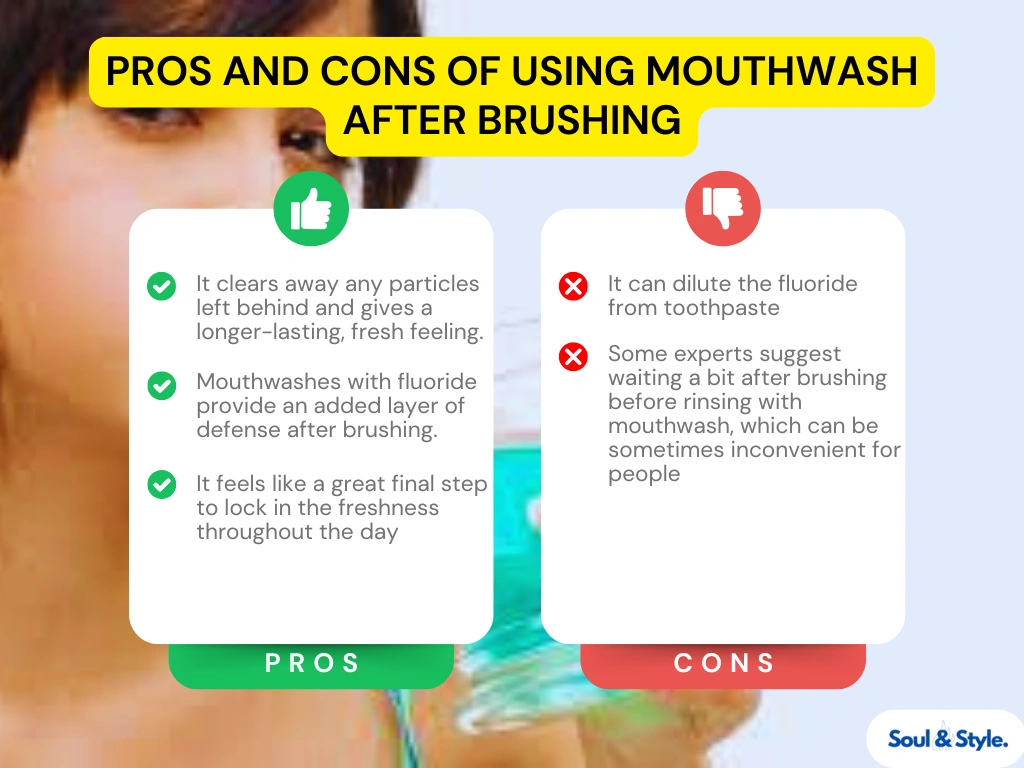
On the flip side, using mouthwash after brushing can give that “finishing touch.” For me, it’s like sealing in the clean feeling. Here’s my take on the pros and cons:
Benefits
- Rinsing after brushing clears away any particles left behind and gives me a longer-lasting, fresh feeling.
- I appreciate that mouthwashes with fluoride provide an added layer of defense after brushing.
- It feels like a great final step to lock in the freshness throughout the day.
Drawbacks
- Using mouthwash right after brushing can dilute the fluoride from toothpaste, which dentists often recommend.
- Some experts suggest waiting a bit after brushing before rinsing with mouthwash, which I sometimes find inconvenient.
Other Ways to Boost Your Oral Care Routine
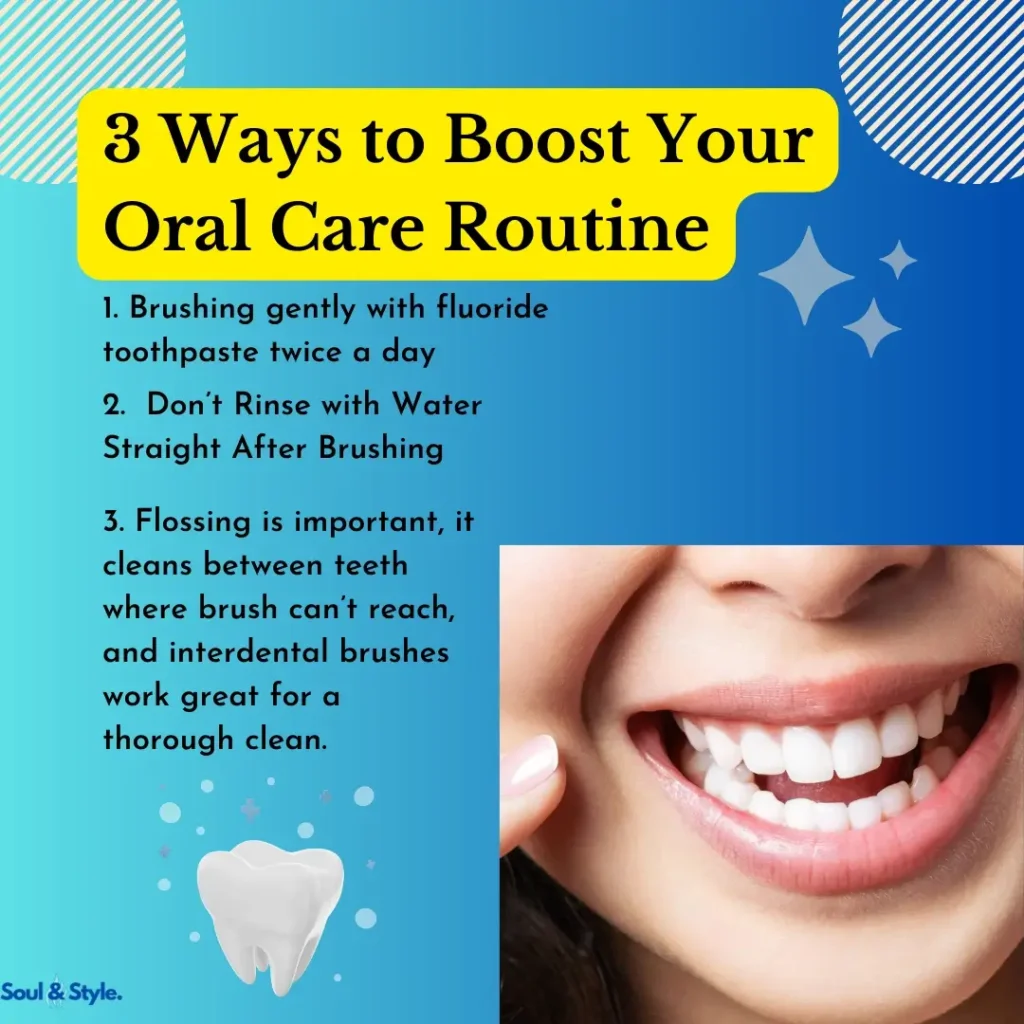
Mouthwash is a great addition, but I’ve found other practices that boost my oral care even more. Here’s what has worked for me:
How to Brush Your Teeth
Brushing gently with fluoride toothpaste twice a day has helped me maintain healthy teeth. I use circular motions to ensure I reach every surface.
Don’t Rinse with Water Straight After Brushing
I avoid rinsing with water immediately after brushing to keep the fluoride from my toothpaste on my teeth longer.
How to Use Dental Floss and Interdental Brushes
Flossing is important for me. I find it cleans between my teeth where my brush can’t reach, and interdental brushes work great for a thorough clean.
Personal Factors to Consider
Ultimately, the choice of when to use mouthwash comes down to personal factors like sensitivity, preference, and specific oral health needs. For example, if you have sensitive gums, you should avoid mouthwash with high alcohol content. Finding a routine that feels comfortable and works well for you is key to maintaining consistency, which is critical in oral care.
My Final Thoughts
Using mouthwash before or after brushing may seem like a small detail, but it can make a big difference in your oral hygiene routine. For me, finding the best timing made my mouth feel fresher and my routine more effective. Whether you choose to use it before brushing to loosen debris or after brushing to finish with a refreshing rinse, the key is consistency. Try out both methods to see what works best for you, and remember that a well-rounded oral care routine includes brushing, flossing, and, of course, mouthwash. Here’s to a healthier, brighter smile!
FAQs
As I explored the best ways to use mouthwash, I came across a lot of questions that others have about mouthwash and oral hygiene routines. Here are some of the most common ones, with answers to help you make informed choices.
Can mouthwash replace brushing and flossing?
Mouthwash is a great addition to your oral care routine, but it doesn’t replace brushing and flossing. Brushing removes plaque from the surfaces of your teeth, and flossing clears the spaces between your teeth. Mouthwash is best used as a finishing step to reduce bacteria and freshen breath.
How long should I rinse with mouthwash?
Most experts recommend swishing mouthwash around in your mouth for about 30 seconds to a minute. This gives it enough time to work effectively on bacteria and plaque.
Is it safe to use mouthwash every day?
Yes, using mouthwash daily is generally safe, especially if it’s alcohol-free and designed for everyday use. If you experience sensitivity or irritation, try switching to a gentler formula or consult your dentist.
How often should you use mouthwash for best results?
Using mouthwash once or twice a day is effective for most people. If you’re looking to freshen up after meals, using it after eating can also be helpful.
Should you use mouthwash before or after brushing?
This is a personal choice based on your needs and preferences. Both options offer unique benefits, and I’ve outlined the pros and cons to help you decide which is best for you.
How to use mouthwash effectively?
For the best results, measure the mouthwash according to the instructions, usually about 20 mL, and swish it around for 30-60 seconds. Avoid eating or drinking for about 30 minutes afterward to let the mouthwash work.



